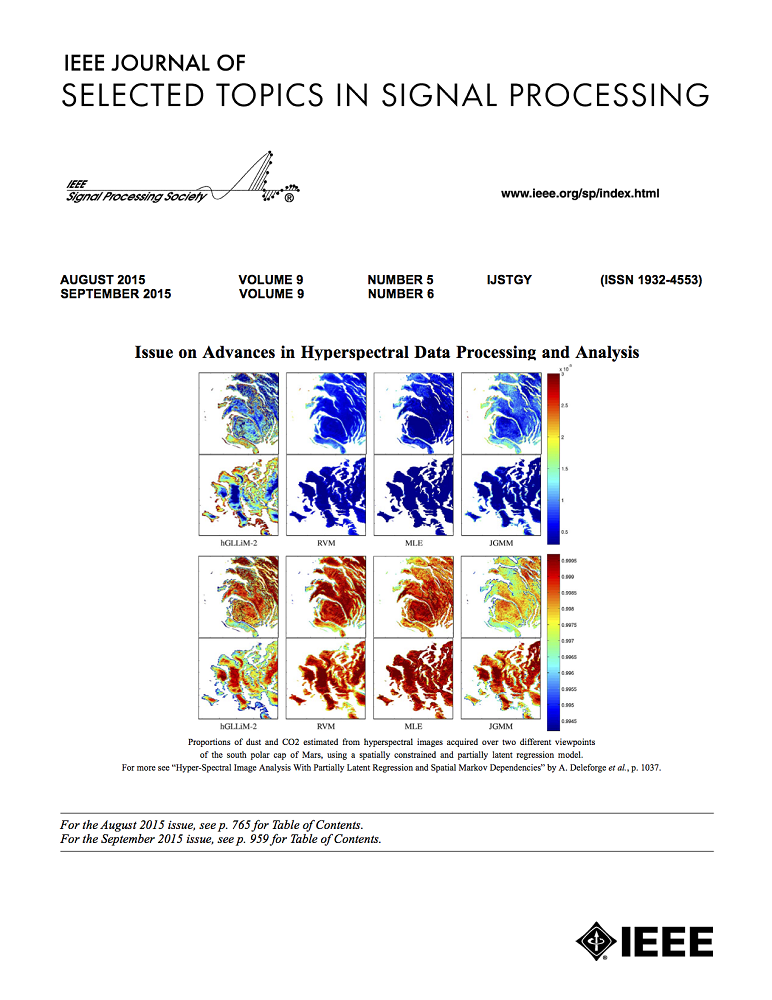A Language Model-Based Fine-Grained Address Resolution Framework in UAV Delivery System
IF 8.7
1区 工程技术
Q1 ENGINEERING, ELECTRICAL & ELECTRONIC
IEEE Journal of Selected Topics in Signal Processing
Pub Date : 2024-04-03
DOI:10.1109/JSTSP.2024.3376962
引用次数: 0
Abstract
Accurate address resolution plays a vital role in UAV delivery systems. Existing address resolution systems heavily rely on user-provided Point of Interest (POI) information. However, such information often lacks precision, making it challenging to obtain fine-grained details for further processing. In this paper, we present an end-to-end无人机投递系统中基于语言模型的细粒度地址解析框架
准确的地址解析在无人机投递系统中起着至关重要的作用。现有的地址解析系统在很大程度上依赖于用户提供的兴趣点(POI)信息。然而,这些信息往往缺乏精确性,因此要获得用于进一步处理的细粒度细节具有挑战性。在本文中,我们提出了一个基于语言模型的端到端细粒度地址解析框架(LMAR)。我们不再单纯依赖 POI 信息,而是引入了语言模型来处理用户输入的文本信息。具体来说,我们首先收集数据并构建两个数据集,然后利用这两个数据集对预先训练好的语言模型进行微调。此外,我们的管道还包含预处理和后处理模块,以处理数据处理和正则化。我们将语言模型的输出与 POI 信息相结合,进行数据库匹配并得出最终结果。为了评估我们提出的 LMAR,我们进行了离线和在线实验。在离线和在线测试中,我们提出的模型总体准确率超过了 90%,而在在线压力测试中,它也取得了令人满意的成绩,证明了它的有效性和实用性。所提出的 LMAR 已通过内部测试,并将在不久的将来部署到美团无人机配送系统中。
本文章由计算机程序翻译,如有差异,请以英文原文为准。
求助全文
约1分钟内获得全文
求助全文
来源期刊

IEEE Journal of Selected Topics in Signal Processing
工程技术-工程:电子与电气
CiteScore
19.00
自引率
1.30%
发文量
135
审稿时长
3 months
期刊介绍:
The IEEE Journal of Selected Topics in Signal Processing (JSTSP) focuses on the Field of Interest of the IEEE Signal Processing Society, which encompasses the theory and application of various signal processing techniques. These techniques include filtering, coding, transmitting, estimating, detecting, analyzing, recognizing, synthesizing, recording, and reproducing signals using digital or analog devices. The term "signal" covers a wide range of data types, including audio, video, speech, image, communication, geophysical, sonar, radar, medical, musical, and others.
The journal format allows for in-depth exploration of signal processing topics, enabling the Society to cover both established and emerging areas. This includes interdisciplinary fields such as biomedical engineering and language processing, as well as areas not traditionally associated with engineering.
 求助内容:
求助内容: 应助结果提醒方式:
应助结果提醒方式:


